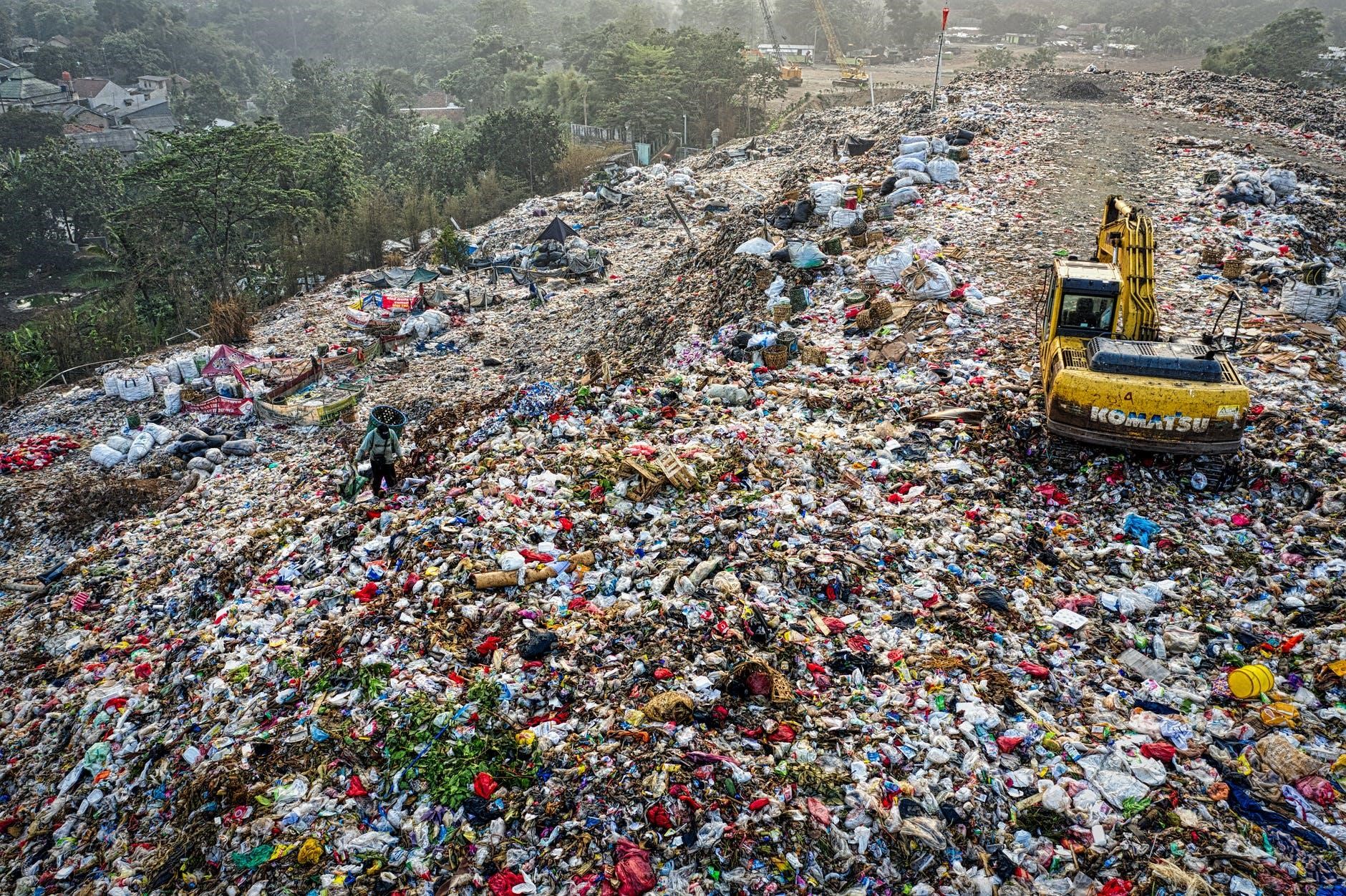Over the last couple of decades, sustainability and environmental issues grew from something that was discussed only in narrow activist circles to one of the most important mainstream topics with direct implications on the business world and our lives in general.
One of the biggest factors contributing to this mainstream exposure is that sustainable practices are not only desperately needed at this point – they also make the business world leaner and more efficient giving us all an excellent incentive to take a part in the fight.
Keeping in mind effective commercial waste management is one of the important thing, this activity does make a perfect place to start our efforts. So, let us take a couple of ways we can tackle this responsibility in the most streamlined, innovative, and efficient manner.
Start with the four R’s
If you are unfamiliar with the term, the four R’s we are talking about are reduce, reuse, recycle, and recover, and they are used to describe the essentials of eco-friendly business practices. Although they paint the picture of sustainability in pretty broad strokes they do give us a perfect starting point for developing more comprehensive waste management strategies. To go one step further you can add one T for transport, slim down the company fleet, encourage your workers to share vehicles, incentivize the use of public transport, etc.
Switch to digital document
This is one of those points where noble intentions meet tangible benefits. According to recent research, Americans use as much as 85,000,000 tons of paper a year which is approximately one billion trees that are cut down and thrown away. Although these numbers can’t be eliminated altogether they can be drastically reduced by switching to digital documents and moving your infrastructure to the cloud. This move also lays down the foundation for a higher level of efficiency, collaboration, and mobility so there’s that.
Put more effort into maintenance
The replacement of heavy industrial pieces could cause considerable environmental impact. Instead, you should establish a regular inspection and maintenance schedule that will make sure your equipment runs at 100% efficiency and always look for new ways to improve the condition of the physical assets. Take, for instance, the O&G industry where even the most affordable hydrogen sulfide treatment products have showcased great efficiency in keeping the heavy equipment rust-free. Similar examples can be found in all other business sectors.
Try using the smart technologies
Smart tech makes life faster and more intuitive. Things remain pretty much the same when we bring the conversation to the topic of waste management. These days we have access to smart bins capable of sorting the waste by type, waste level sensors, recycling apps, and dozens of other technologies we can use to make waste management at the workplace fun, simple and engaging. Implementing these solutions may require noticeable up-front investments, but they do pay off through recycling and waste reduction long-term.
Get the employees more involved
Mandated practices and penalties for poor waste management can only get you so far. As a matter of fact, trying to do too much at once may even provoke resistance amongst your staff. So, instead of trying to change the outcomes, try to change your company’s culture. You can do that by organizing independent committees for waste management, letting the workers take initiative, and offering them rewards for tangible results. Organizing frequent training sessions and seminars regarding the topic can’t hurt this cause either.
Compost the lunch leftovers
This topic often ends up lost in the grand scheme of seemingly more important environmental topics but the fact remains the United States produces approximately 103 million tons of food waste per year. These numbers leave a lot of room for improvement. If possible food leftovers should be donated to charity. The scraps not suitable for eating should be collected in tightly sealed containers and used as compost. The materials that qualify for recycling are fruits, veggies, coffee grounds, pasta and rice, nutshells, and eggshells.
We hope these few tips gave you some general idea about the ways you can cut the amount of waste produced by your company. When it comes to sustainability and green initiative all actions that produce results are good ones, no matter how small a contribution you are making. Your goal is to make these actions and initiatives simple and beneficial so they are able to take a stronger root. Now, you have a very good place to start.

